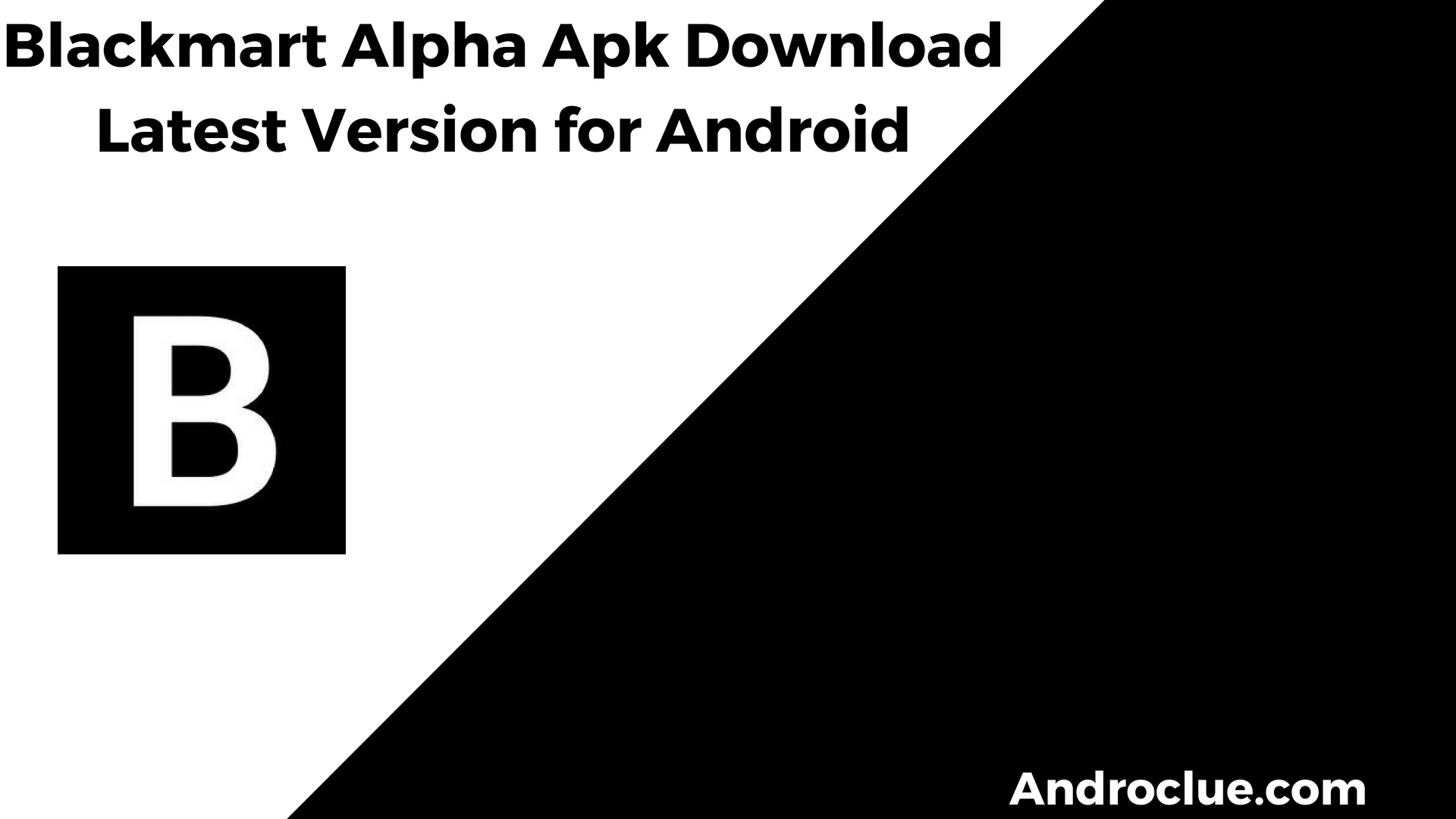Virtual currencies such as Bitcoin, Ethereum, and Monero find themselves in a legal limbo in India. The Indian government cracked down on the cryptocurrency business in December 2017. Tax authorities filed notices to nearly five lakh bitcoin traders earlier this year, in a move that might result in massive tax profits. Representatives from the top seven Bitcoin exchanges in India, approached the Authority for Advance Ruling (AAR) since their very existence is unclear.
The Reserve Bank of India prohibited banks from interacting with cryptocurrency-related entities in April 2018.
The government has also issued frequent warnings about the dangers of transacting in virtual currencies. However, officials have yet to assign them a legal or criminal status. The direct taxes department provided the first clarification in February of this year. According to them, failing to pay taxes on any assets results in a penalty, and a plan has been created. This idea proposes significant taxation of bitcoin trade.
The Central Board of Indirect Taxes and Customs is considering a proposal that will be presented to the GST Council.
While many developed economies recognise the tax on cryptocurrency in India and the crypto itself as legal tender, there are numerous nations where bitcoin is neither explicitly legal or illegal, but a banking prohibition exists. Vietnam, for example, allows cryptocurrency trade but does not recognise it as a payment method. Currency in India is defined as currency notes, postal notes, postal orders, money orders, checks, draughts, travelers cheques, letters of credit, bills of exchange and promissory notes, credit cards, or other similar instruments as notified by the RBI. Although the RBI has not declared Bitcoin to be legal cash, the fact that it is a recognised form of payment is significant.
As a result, in theory, the RBI should recognise it as currency rather than goods. The country’s digital assets might be categorized as ‘intangible goods,’ on par with other software systems, with separate laws enacted to prevent and sanction unlawful usage of cryptocurrencies (As the CBITC posits, the decision of the panel to levy GST on digital currencies could also be useful in regulating digital currencies). Taxation may be simplified if cryptocurrencies were classed as products and Bitcoin exchanges’ actions on behalf of consumers were treated as services. To summarize, this new plan will alter the way virtual currency is handled in India.
Navigate
Global Bitcoin Scenario
Bitcoin trading varies greatly depending on the country. The United States of America considers Bitcoin to be an asset, which can be either a fixed asset or an inventory asset. The United Kingdom, on the other hand, considers it a “private currency.” Bitcoins are treated differently in Australia, ranging from a tradable asset to an investment, with differing regulation for connected services such as mining or trade facilitation. Singapore regards Bitcoin as a valid money, whilst Japan regards Bitcoin as a commodity.
Indian Bitcoin Scenario
The RBI has directed its regulated organizations (like banks) to cease providing services to individuals or businesses trading in cryptocurrencies for fiat (INR) on and off-ramps. This makes purchasing and selling cryptocurrencies for INR through banks illegal. Despite these constraints, India ranks among the top five countries in the world in terms of currency held (albeit they cannot currently be traded), with 44 percent of the global share. Given the uncertainty surrounding Bitcoin and its very immature state of growth, one thing is certain it will take time for Bitcoin to be widely acknowledged as a money or means of trade in India.
Binocs is a platform which manages your crypto wallet tax and your crypto portfolio management with great efficiency. Check out the website right away.










